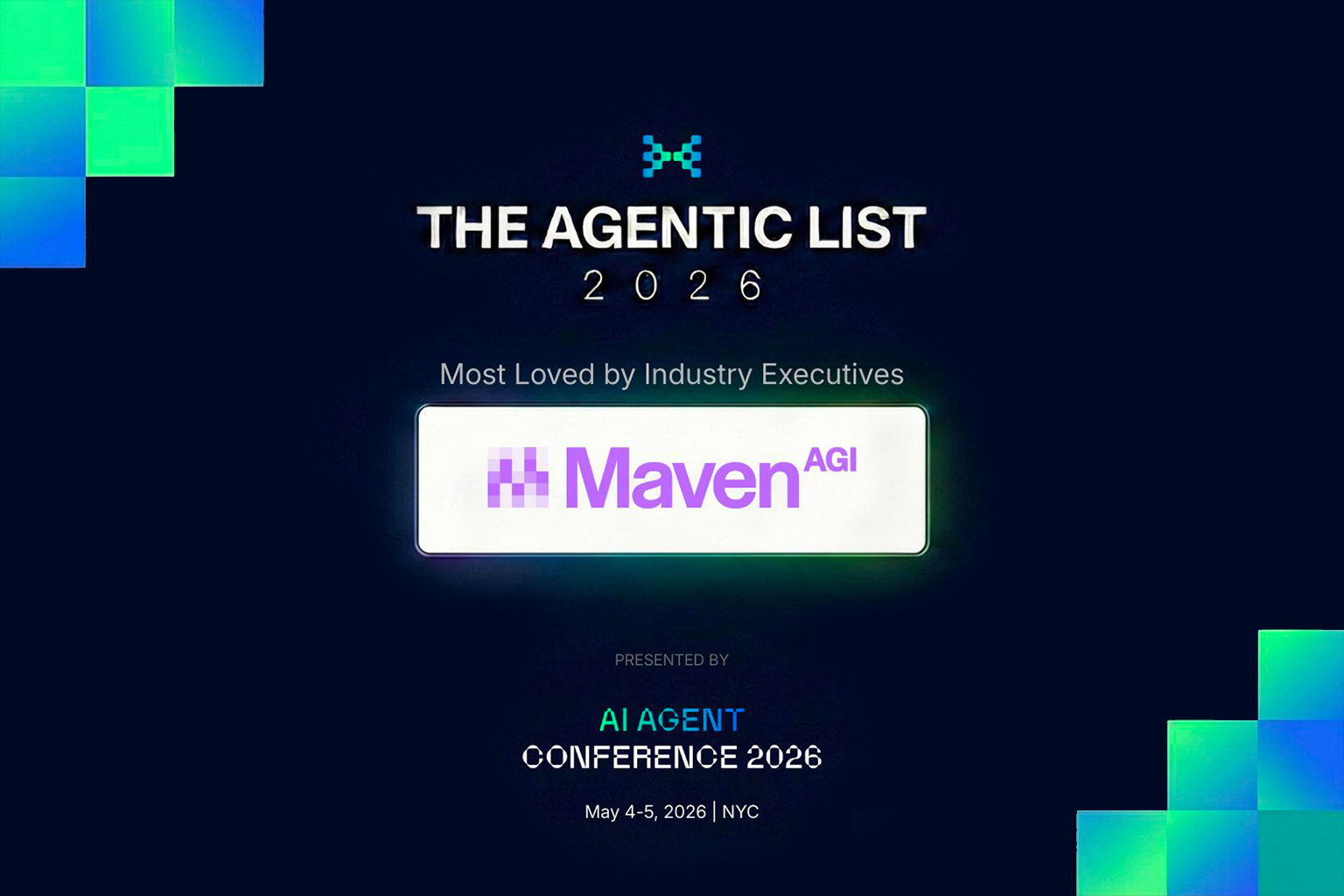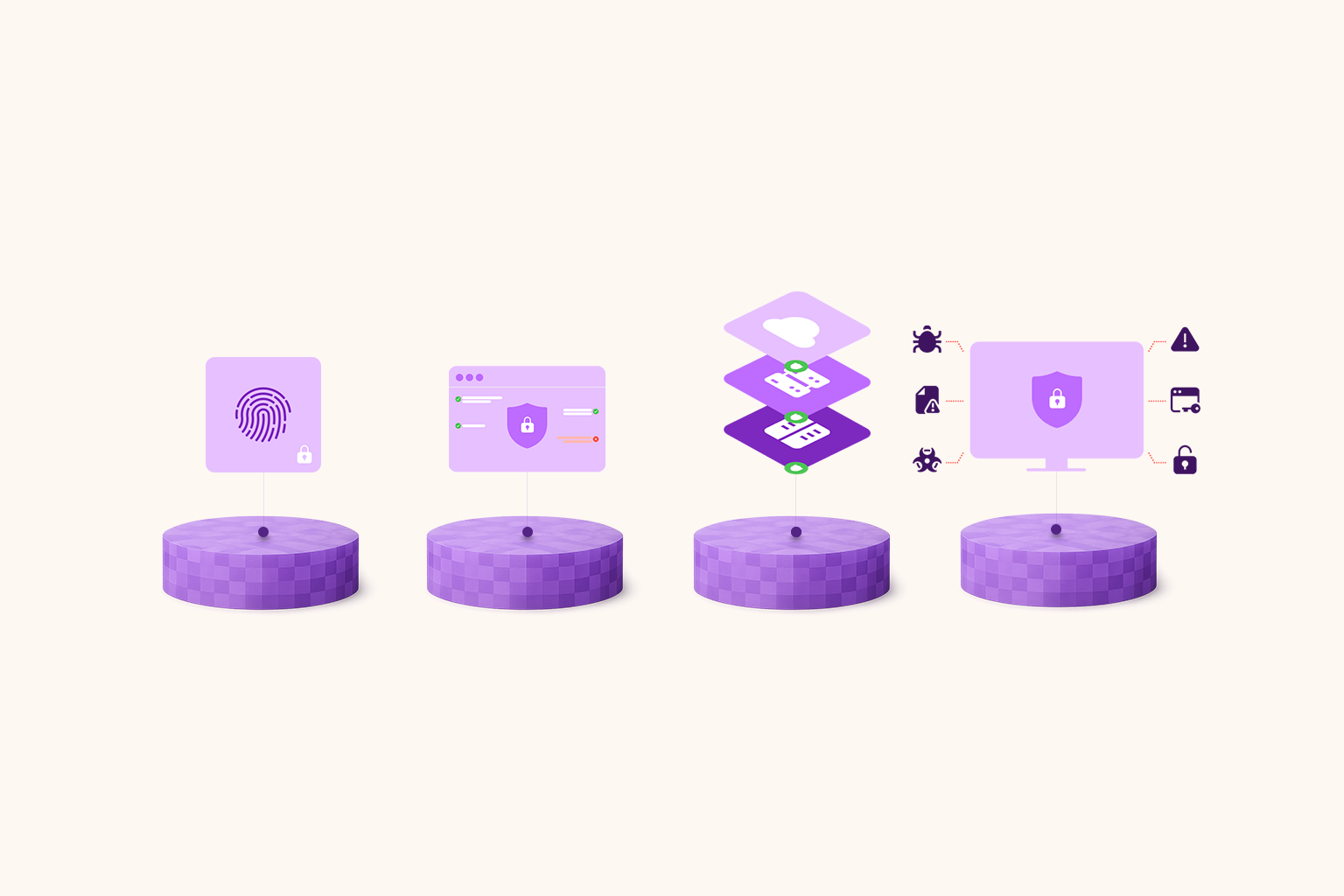Build vs. Buy in Enterprise AI: How to Make the Right Call

Your company needs an AI agent solution. However, a critical decision looms ahead: Should you purchase an existing solution or invest the time and resources to develop a custom one?
This question often confuses decision-makers because there is no one-size-fits-all answer. It is important to know that scaling AI solutions is more expensive and challenging than it seems. As the use of AI in business grows rapidly and opportunities abound, many companies rush into projects. 88% of AI pilot projects do not succeed in reaching their final form.
Before your company or team decides to buy or build, learn more about the benefits and pitfalls.
Custom-Built AI Agents Struggle in the Real World
Custom solutions may complete tasks in controlled environments, but they can't match commercially built agents that utilize the latest Large Language Models (LLM) and have the engineering resources for ongoing iterations and maintenance. Built agents often produce lower-quality answers because the Retrieval Augmented Generation (RAG) used to create them becomes less effective with a higher volume of document searches.
A recent example highlighting the challenges of a custom-built solution is when Klarna chose to create its own AI-only customer support platform. OpenAI assisted them in developing this AI agent platform. After a few months, customers became frustrated due to the poor quality of support responses the system generated. After deployment, OpenAI was unable to provide further engineering support to manage the platform effectively. Klarna is hiring back human customer support resources to rectify the mess.
Speed to Value: The Advantage of Buying
One of the most visible differences between building and buying is the time required to reach measurable value. Gartner indicates that in-house projects typically take about eight months to reach production. When including the time to design data pipelines, set up infrastructure, and integrate the solution, timelines stretch even further.
Vendors aren’t contending with many of these problems. McKinsey reports that using an established AI platform can speed up deployment by a factor of ten. Maven AGI’s customers go live in days or weeks, rather than months.
Understanding the Full Cost of Ownership
Even with infrastructure in place and an engineering team in-house, building your own AI agent platform carries significant opportunity costs. The engineering team has to slow down or halt development on core products to redirect engineering, design, and product resources toward building an internal agent. Every sprint spent on this infrastructure is a sprint not spent advancing the core product, delighting users, or shipping features that drive growth and revenue.
Starting from scratch without engineering resources or infrastructure can be quite challenging. Engineering salaries alone range from $380,000 to $530,000 per year, not including benefits. Overhead and cloud services typically cost between $5,000 and $20,000 per month. Additionally, security audits can extend the development timeline by 9 to 18 months. First-year costs often total between $1,000,000 and $2,000,000, while ongoing expenses for maintenance, model updates, compliance, and scaling can push annual costs to $500,000 to $1,000,000 or more.
When Building Makes Strategic Sense
For some companies with substantial R&D budgets and a wealth of engineering talent, creating a custom AI agent platform is a viable option. Companies like Bloomberg and JPMorgan Chase have developed their own AI models tailored to their proprietary data and workflows, achieving impressive results.
One of the advantages of building an in-house platform is the complete control it provides over customization, features, and user experience. AI is a key component of these companies' competitive advantage, and their organizational structure is designed to support long-term investment. This is typically the exception and not the rule.
Why Many Enterprises Choose a Hybrid Approach
Many enterprise organizations are adopting a hybrid approach by integrating reliable vendor platforms with custom components. This strategy leverages the strengths of vendor solutions while minimizing internal engineering effort.
Maven enables companies to build what they want through our development portal. Our customers have built their chat instances, customized integrations with WhatsApp, and many more.
Purchasing an agentic AI solution or adopting a hybrid approach for the enterprise is the most effective strategy. Chat with the Maven Team about either option now and book a demo.
Don’t be Shy.
Make the first move.
Request a free
personalized demo.





.png)
